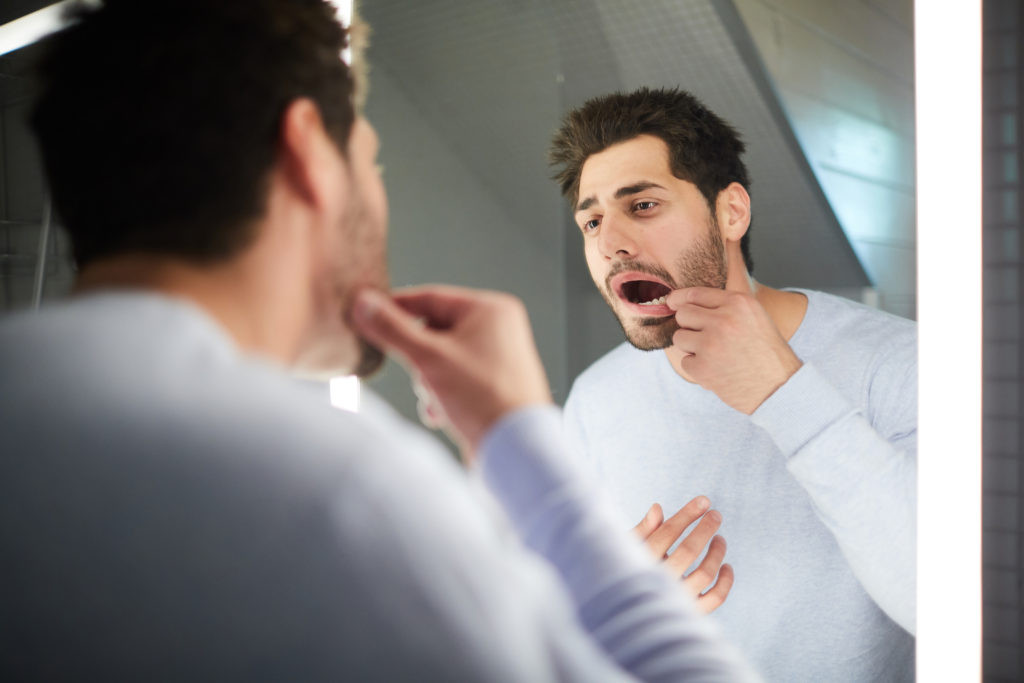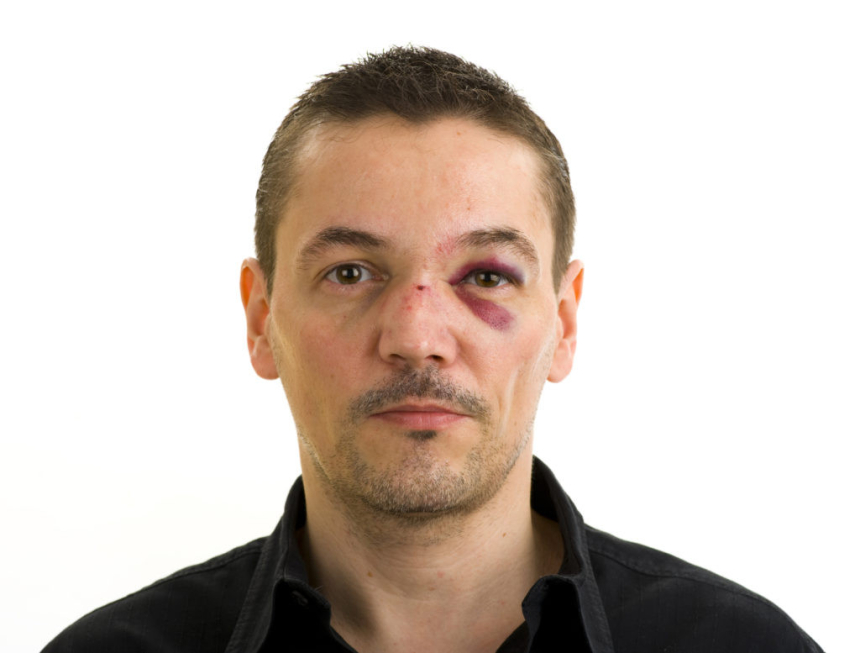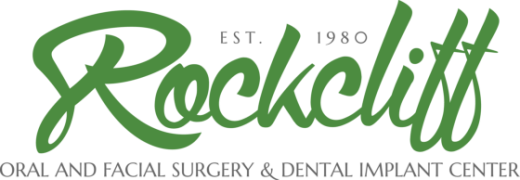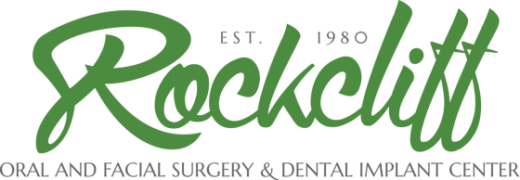What are common facial injuries?
Eye socket fractures
Injury to the bones surrounding the eye can lead to long term problems with vision, eye alignment, and facial appearance. We may involve an ophthalmologist if there is concern for injury to the eyeball. Surgery may be needed to restore the shape of the eye socket and improve vision.
Nasal fractures
Broken noses can appear bent or crooked. This can affect your appearance, block nasal passages, and affect your ability to breathe. Surgery may be needed to improve the shape of your nose and to open the nasal passages to improve airflow.
Cheekbone fractures
Cheekbone fractures can cause flattening of the face, visual changes, and difficulty moving the jaw. Surgery is often necessary to improve your appearance and restore your ability to open and close your jaws.
Upper or lower jaw fractures
Broken upper or lower jaws can result in misaligned teeth, restricted jaw movement, and limited ability to eat or speak. Surgery is usually needed to reposition your teeth, improve your appearance, and improve jaw movement.
Fractured or missing teeth
Teeth can be broken, loosened, or knocked out. This affects your ability to eat, speak, and feel confident in your smile.
How are facial fractures different in children?
Up to 15% of facial fractures occur in children. Facial injuries can affect your child’s developing teeth and facial bones. This can have a significant impact on facial growth leading to issues that can last a lifetime. Our surgeons are experts in understanding the effects that injuries can have on facial development in children. We can provide skilled treatment and support for the initial injury, as well as long term care necessary to ensure the best possible outcome for your child.
How are facial fractures treated?
Repairing facial fractures requires precise planning and implementation. We use the latest in 3D imaging technology to assess your injuries and carefully plan your surgery.
Most surgeries take place at Mission Hospital under general anesthesia. Surgery is performed using incisions that are concealed inside your mouth or in the natural creases of your face. The broken bones are moved into correct alignment and held in place with small titanium plates and screws. Sometimes metal braces with guiding elastics are used to help direct your teeth into your new bite.
Many patients are able to go home after their procedure. Depending on the type of surgery you have, you will likely be able to go back to work or school after 1 week. You will need to avoid any strenuous physical activity while you are healing. We ask that you do not participate in team sports or strenuous exercise until your facial bones are fully healed.
Depending on your injury, you may be limited to a very soft, no-chew diet for 6 weeks. This will initially consist of foods such as grits, yogurt, eggs, soups, and smoothies. Once cleared by your surgeon, you will eventually transition to foods that require slight chewing such as pancakes, well cooked pasta, or fish. After 6 weeks, you can typically start to work towards a regular diet.

How are dental injuries treated?
Teeth that have been knocked out have the best chance of survival, if they are reinserted into the mouth as soon as possible. Knocked out teeth can be placed in salt water or milk until you are able to see one of our surgeons. Once reinserted into the mouth, your tooth will be temporarily held in place with wires for a few weeks until stable.
Chipped teeth should be treated by your dentist. Fractured teeth may need to be removed or repaired. Dental implants can often help replace teeth lost to trauma.







